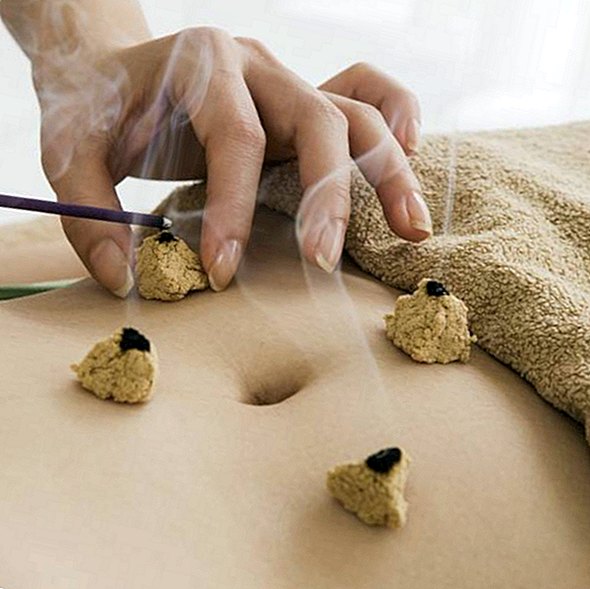What can Traditional Chinese Medicine (TCM) do?

TCM - what is it?
Traditional Chinese Medicine (TCM) is as much influenced by Confucianism with its strict moral rules as by Taoism, which seeks a balanced relationship between man and nature.
Today, especially in the West, a form of classical Chinese medicine that has been modernized since 1950 is used. In doing so, the human being as a whole is in the center of all life circumstances. He is healthy when the two opposing poles Yin and Yang are in balance. Then, the life energy Qi can flow unhindered through all meridians (interconnections) that permeate the body.
All organs are related to each other. Each organ is assigned to one of the five elements (wood, fire, earth, metal, water) that make up the whole universe. These elements nourish and control each other so that all energy is balanced.
Which methods are used in TCM?
In TCM, the focus is on pulse and tongue diagnostics as well as in-depth questioning. The most widely used TCM therapy in the West is acupuncture as a stimulus therapy for the meridians. In moxibustion, the acupuncture points are heated by burning mugwort (also combined with needles).
Other methods of TCM are the energetic massage and acupressure Tuina, relaxing body and breathing exercises such as qigong and tai-chi and medicinal herbs, minerals and animal extracts. An important pillar of TCM is the diet according to the five elements: The body energy is compensated for by certain foods that correspond to the individual elements.
For which complaints does TCM make sense?
TCM can be used for chronic diseases, asthma, pain, allergies, menopausal symptoms, menstrual disorders / PMS, tinnitus, sleep disorders, chronic infection, exhaustion or inflammatory bowel disease. Acupuncture / TCM can complement conventional medicine well. It is important to have close cooperation between the respective therapists.
What are the limitations of TCM?
TCM / Acupuncture should not be used in surgical indications, emergency medicine and acute stage cancers. In case of diseases of the immune system, consult with the attending physicians in advance.
With acupuncture, there are hardly any side effects, circulatory problems and fainting are possible - so perform while lying down! Allergies are possible with herbal medicines. Look for tested quality of the drugs - risk of contamination. Tuina: Beware of pregnancy!
For whom is the TCM suitable?
TCM is suitable for anyone who wants to do something beyond conventional medicine, but wants to be "supplied" therapeutically. Little self-initiative required, except for diet change and relaxation techniques. The openness to engage in a completely different therapeutic concept is a prerequisite.
How much is the treatment?
Acupuncture is currently being paid by statutory health insurances in the context of model projects for chronic headaches, chronic lumbar spine pain and chronic pain in knee and hip arthrosis. The amount of the reimbursement in the statutory funds is different. The prerequisite is that the attending physician has a statutory health insurance license. Private health insurances pay acupuncture for chronic pain. An initial consultation with anamnesis costs 100 to 150 euros, an acupuncture session 45 to 55 euros. Medicines are different in price according to individual needs.
How do I find a therapist?
Addresses can be found at the German Society for Traditional Chinese Medicine, Karlsruher Straße 12, 69126 Heidelberg, Tel. (062 21) 37 45 46, www.dgtcm.de, or at the Association for Classical Acupuncture and TCM, Tel. (069) 53 05 66 30, www.agtcm.de. The Acupuncture Foundation, Tel. (018 05) 25 58 87, www.akupunktur.de, has a list of therapists with doctors and non-medical practitioners.










